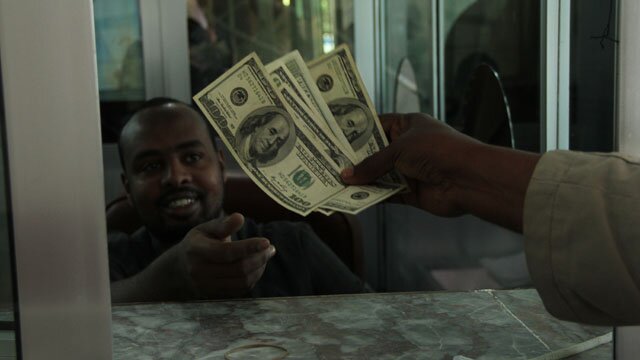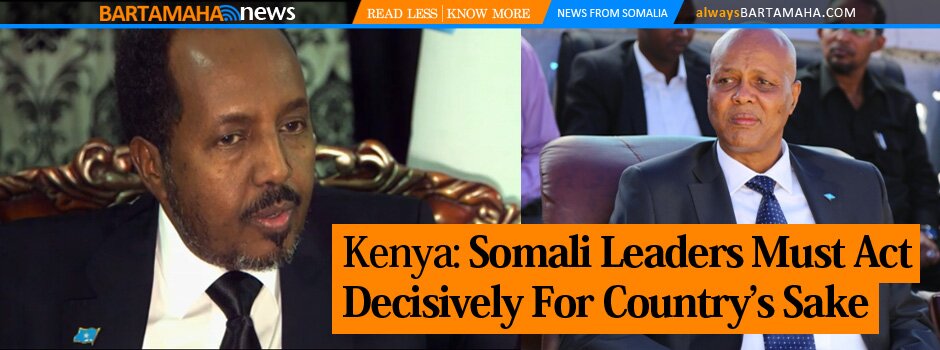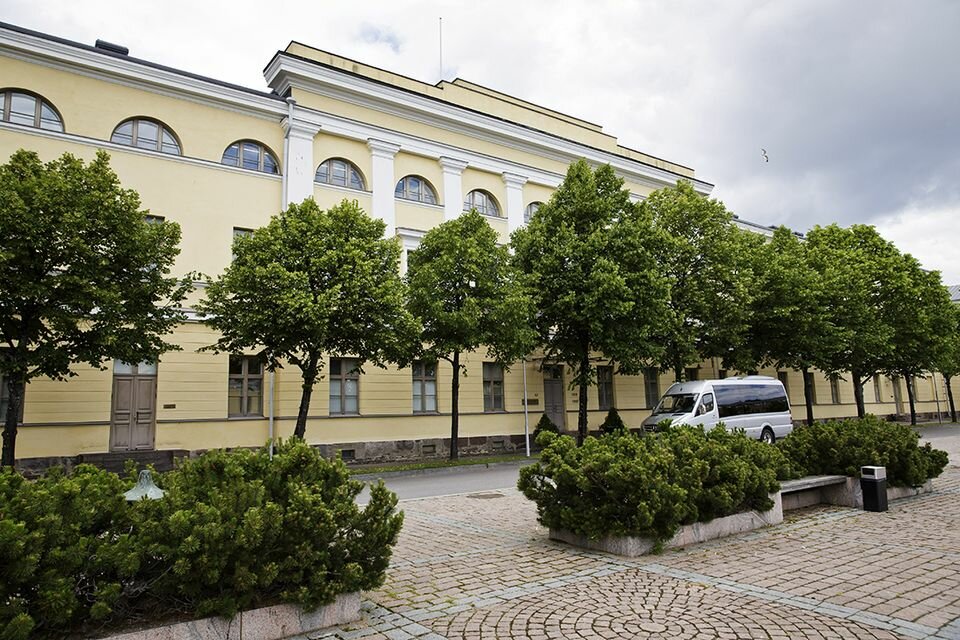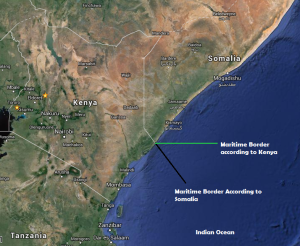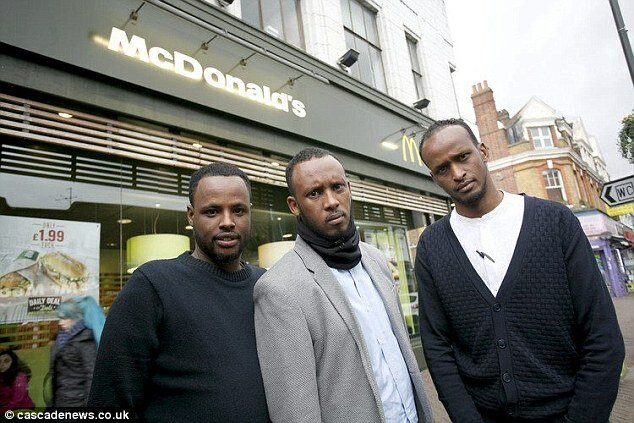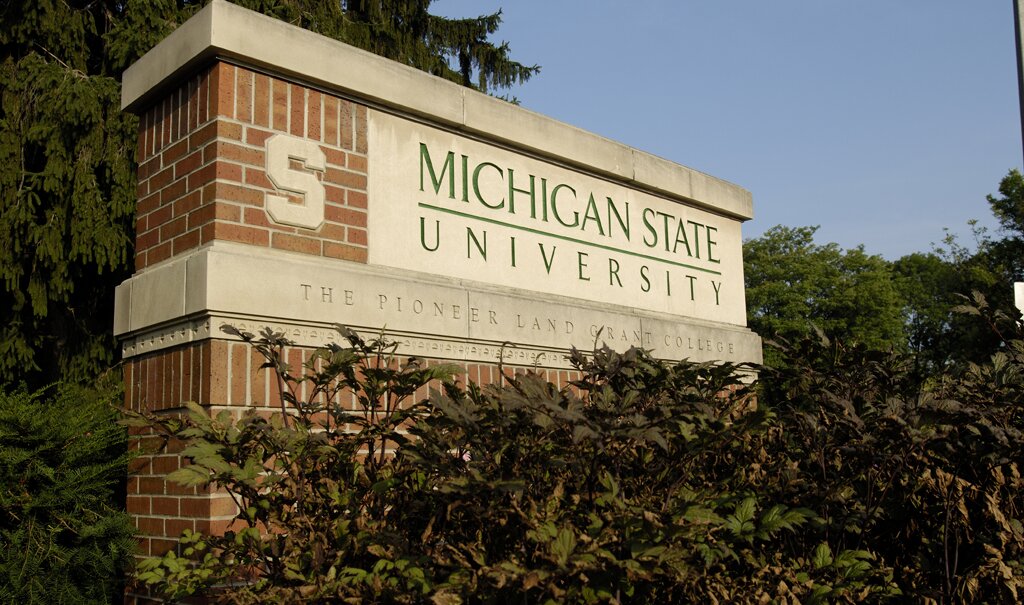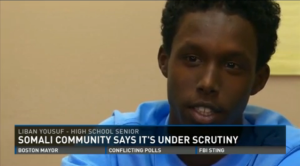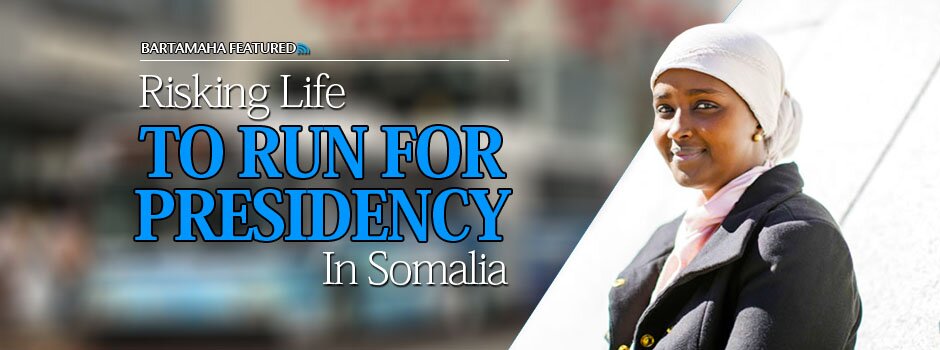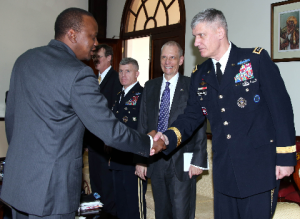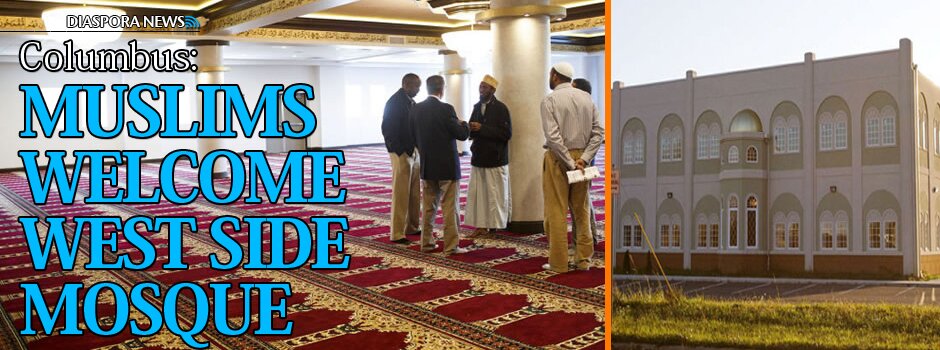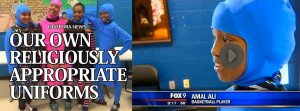‘Galab wanagsan’ West Bank mosque greets community visitors at April open houses
![]() by Scott Russell — April 16 was “open mosque†night at the Dar Al-Hijrah Islamic Center at 504 Cedar Ave., the former home of Bedlam Theatre in the building that houses, at the other end, Palmer’s Bar.
by Scott Russell — April 16 was “open mosque†night at the Dar Al-Hijrah Islamic Center at 504 Cedar Ave., the former home of Bedlam Theatre in the building that houses, at the other end, Palmer’s Bar.
At around 5:30 p.m., there was lots of activity around the center as both Somali Muslims and others from the neighborhood filed in for this, the second of two April open houses. The first order of business: remove your shoes and put them on a large rack inside the entrance. To the right of the entryway was a tiled ablution room, an area for ritual foot washing used by those who came for evening prayer.
Men and women have separate first-floor prayers rooms. (Prayer, or salat, is one of the five pillars of Islam.) Most open-house visitors continued through the prayer room and up the staircase to the special events space on the second floor.
The open houses held at Dar Al Hirjah were co-sponsored by the West Bank Community Coalition. The April 16 event drew more than 100 people — a mix of mosque members and curious neighbors, such as Larry Rostad, who lives across the street; Augsburg College senior Emily Merhar; and Niels Strandskov, a board member of the nearby Bedlam Theater.
“I wanted to engage with the community and learn more about it,†Strandskov said.
Imam Sharif Mohamed gave opening remarks — his first speech in English. He emphasized how Islam promotes dialogue, respect, tolerance, peace and love. The Prophet Muhammad, he said, “taught us that none of us will truly believe until we wish for others what we wish for ourselves.â€
Attendees were treated to a buffet line of rice, salad, shrimp, humus, pita, falafel, sambusas and more. (Full disclosure: I ate the meal and it was good.)
During the two-and-a-half hour event, neighbors also got lessons on Islam and Somali history and culture. For instance, Somalis express many ideas through specific hand gestures, said Dar Al Hijrah Director Abdisalam Adam. (A thumb under the chin means “full to capacity,†for example.) Adam gave a short lesson on common Somali phrases, as well. Galab wanagsan means “good afternoon.†He explained that zakat, or charity (another of the five pillars of Islam) is different from some other traditions. It is not income-based; rather, people are expected to give 2.5 percent of savings.
Piracy and missing youth
With his PowerPoint presentation, Adam showed a map of Somalia.
“Somalia has a big coastline,†he said. “Unfortunately, it is a dangerous coastline these days.â€
During a question and answer session, Adam said Somalis did have some grievances with international boats, such as dumping waste or excessive fishing. But Islam prohibits robbing or taking things at gunpoint. “Piracy is totally forbidden,†he said.
Getting a stable Somali government could help solve the piracy problem. “We need to get back our country,†Adam said.
Asked about local Somali youth who have reportedly returned to Somalia, Adam said: “We really don’t know who is behind it. We have no clue.â€
Adam then offered one possible theory. Two years ago, Ethiopia occupied Somalia, he said. The two countries have a history of land disputes. Somalis wanted their country freed from Ethiopians. Many people in the Twin Cities area went to rallies.
Somebody could have appealed to the youth, based on a sense of nationalism, Adam said. He doesn’t think somebody recruited them by telling them they could join an extremist cause. “I don’t think that would be the initial appeal,†he said.
Somali youth here at home
As a personal digression, I ate at a table with three older Somali men who spoke little or no English. As the extent of my Somali was what I jad learned that night — galab wanagsan and a few other phrases — I pretty much smiled and ate. Then a high school student name Abdisalan Mire joined the table and struck up a conversation in English. He talked about applying to attend St. Paul College and his hopes of earning a criminal justice degree.
College student Fartun Ahmed also introduced herself. She is the president of the Salahudin Student Union (SSU), a Dar Al Hijrah youth organization that helps young people get more involved in Islamic activities. She wants SSU to help change how many people view Somali youth. “We are not like what people think of us,†she said, referring to news reports of recent high-profile shootings, such as one at the Brian Coyle Center. “We are really into getting educated,†said Ahmed.
Ahmed, an 18-year-old college student, is transferring to Metro State University with the goal of becoming a college professor, teaching English literature. Ahmed is also chair of Dar Al-Hijrah Times, the center’s new monthly newspaper. The April issue was its seventh edition, said Ahmed. Her front-page article Literacy vs. Illiteracy underlines her strong belief in the importance of education and literacy for Somalis, which is in a poor state right now, she said.
“I know college students who can’t fill out their own applications, who can’t read their own mail,†said Ahmed, who herself came to the U.S. at the age of 4.
Asked about the Somali youth who have reportedly returned to Somalia, she said it is disappointing. “They carry the name of Somalia,†Ahmed said. “It does affect me, because another person’s image of me is not going to be the same once they hear about that story.â€
She does not blame people for their perceptions. “It did happen. It happened in a sad way,†she said. “I guess we just need to look beyond that and start moving forward. We are not all like that.â€
Comments
comments
 Calendar
Calendar







